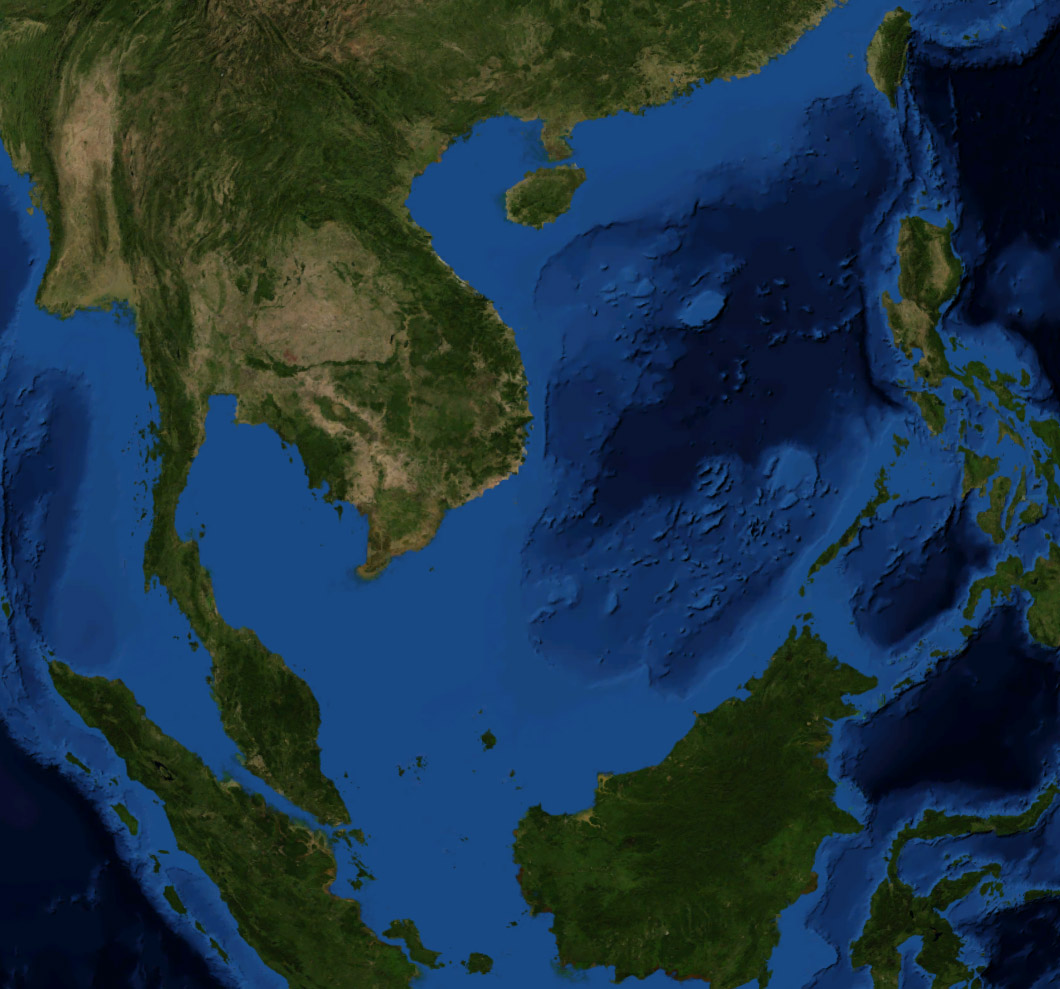
MANILA — The Philippines’ share in the joint oil and gas exploration deal with China could still go up from the currently proposed 60 percent, National Security Adviser Hermogenes Esperon Jr. said on Friday.
While the government considers the planned 60-40 sharing scheme between Manila and Beijing “acceptable,” it wants to get a higher percentage than the proposed 60 percent of the natural reserves, Esperon said.
“[The proposed] 60-40 [deal] is a desirable sharing, but it is not final. It could even go up to 61 or more,” he told Palace reporters.
“One percent is always substantial when you talk about such big investments,” he added.
Presidential Spokesperson Salvador Panelo on September 13 said it is “wise and prudent” for the Philippines to enter into a joint oil and gas exploration deal with China, despite their long-standing sea disputes.
The two countries sought the joint exploitation of natural resources in the South China Sea under the proposed 60-40 sharing scheme.
Under the proposal, Manila will receive 60 percent of the oil and natural gas deposits while Beijing will get the remaining 40 percent.
Esperon noted that the joint steering committee, which was represented by both nations, had been formed a week ago to start the first round of talks on the planned joint exploration deal before October ends.
He said the discussions would focus on how the two countries could make a “wealth” from the cooperation agreement on oil and gas exploration in maritime areas.
“It’s no longer academic. It’s going into an agreement on how we could make the wealth of the seabed work for us,” Esperon said.
“We have already formed the joint steering committee and shortly there will be talks with China in pursuance of the earlier memorandum of understanding that was signed in 2018 for the development of this energy fields,” he added.
‘Fair’ deal for PH, China
In November 2018, the Philippines and China signed a memorandum of understanding (MOU) on cooperation on oil and gas development.
The MOU is the basis for the two governments to “negotiate on an accelerated basis arrangement to facilitate oil and gas exploration and exploitation in relevant maritime areas consistent with applicable rules of international law.”
Esperon said the two countries are considering exploiting jointly the maritime areas “where there is no licensee or awardee.“
He said the “west side of Palawan” is among the areas being considered to be jointly explored and exploited by the Philippines and China.
For Esperon, the joint exploration deal was “fair” for both Manila and Beijing.
“Well, it was acceptable. That simply tells you that we have the upper hand on it. But we don’t talk here about territorial rights,” he said.
“We simply talked about it as a sharing that is just a fair for us and for the other side,” he added.
The impending deal between the Philippines and China came despite Manila’s historic victory in the arbitral case against China’s claims to nearly the entire South China Sea.
On July 12, 2016, the Permanent Court of Arbitration in the Hague, Netherlands invalidated China’s nine-dash line, a geographical marker Beijing invoked to assert its extensive claims in the strategic waters.
Despite the ruling, China has intensified its military build-up in its artificial islands in the hotly-contested South China Sea.
On September 4, Duterte said he was just waiting for the right timing to insist on the Philippines’ landmark win against China’s sweeping maritime claims.
The President, however, clarified that invoking the arbitral ruling was not tantamount to waging a war with China.